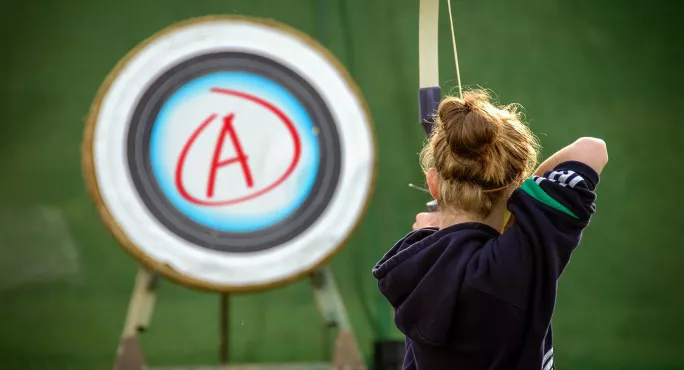The general secretary of the Scottish Secondary Teachers’ Association is calling on Scotland’s exam body and parents to put pressure on councils and the government to resolve the pay dispute, saying unions could be forced to target qualifications next.
Seamus Searson told Tes Scotland that teacher strike action was not working and the SSTA was therefore considering a change of tack - and that this could mean targeting the exams.
He suggested that teachers could be asked not to carry out marking for the Scottish Qualifications Authority (SQA) and to withdraw from providing study support over the Easter break, ahead of the start of the exams on Monday 24 April.
The SQA relies on thousands of teachers to mark the question papers completed by students in exam halls over Scotland in April and May - but Mr Searson said the unions could ask them not to participate.
Mr Searson said: “The SQA relies on a lot of teacher goodwill to deliver the qualifications. There’s marking and cross marking and moderation and paperwork; it adds up to a lot of work that teachers often end up doing in their own time, and maybe now teachers should say ‘I’m not prepared to do all this’.
“SQA should be concerned, and they should be pressurising the teacher employers and the government to get the pay dispute sorted - and, likewise, parents. Their children are losing out because there is no urgency to get a resolution.”
He added: “Our members don’t want to do this. It’s with great hesitation that we think of going down this road but, while the strike has worked to a degree, and we have had more meetings, it hasn’t led to a new offer.
“Not a single penny has been put on the table; we have seen nothing from them to try and avert the strikes.”
Asked specifically if teachers could be asked not to mark for the SQA - something that they get paid for separately and that they opt to take part in - Mr Searson said: “Whether we ask members not to participate in the SQA marking has been raised at meetings. SQA marking is a separate contract so teachers can’t be forced to take part - it’s the same for Easter study support.
“So, unless there’s a resolution, we will be saying to teachers: just have a life, do what you’re supposed to do, and all the things you do over and above, just start to question it.”
Tes Scotland understands that teacher walkouts over the exam period itself could stop schools running exams in high-uptake subjects like English and maths.
It is the chief invigilator who runs the exams - not teachers - but in schools with high levels of union membership, having no staff presence on exam day and a large number of students in school could be deemed too risky.
Mr Searson also said that if walkouts took place on exam days, students might have to cross picket lines and invigilators, many of whom are former teachers, could prove unwilling to do this themselves.
“Invigilators might not want to cross picket lines. Many of them are retired teachers so it is possible that the expectation is the exams are going to run normally but then no one turns up to manage it,” he explained.
Education secretary Shirley-Anne Somerville has called on the teaching unions to suspend strikes ahead of the exam period to ensure there is no disruption.
However, EIS union general secretary Andrea Bradley has made it clear that industrial action will continue unless a credible offer comes from the Scottish government and councils.
So far, strike action is due to take place in Scotland up to Friday 21 April; the exams start the following week.
Earlier this week, the EIS announced more strike days targeting the constituencies of “key decision makers”, including first minister Nicola Sturgeon and Ms Somerville.




